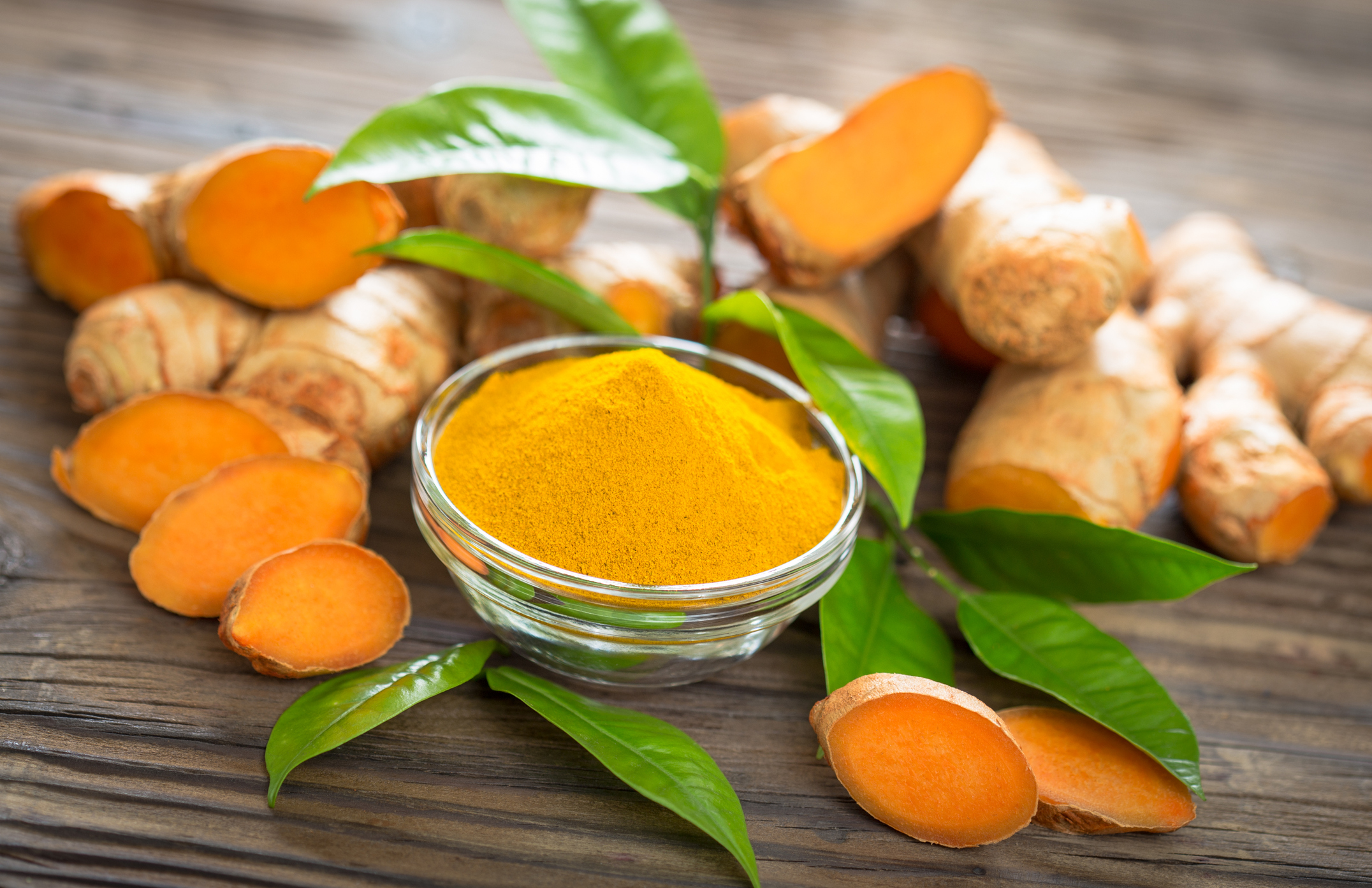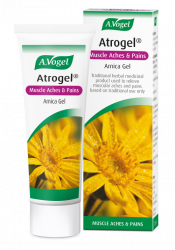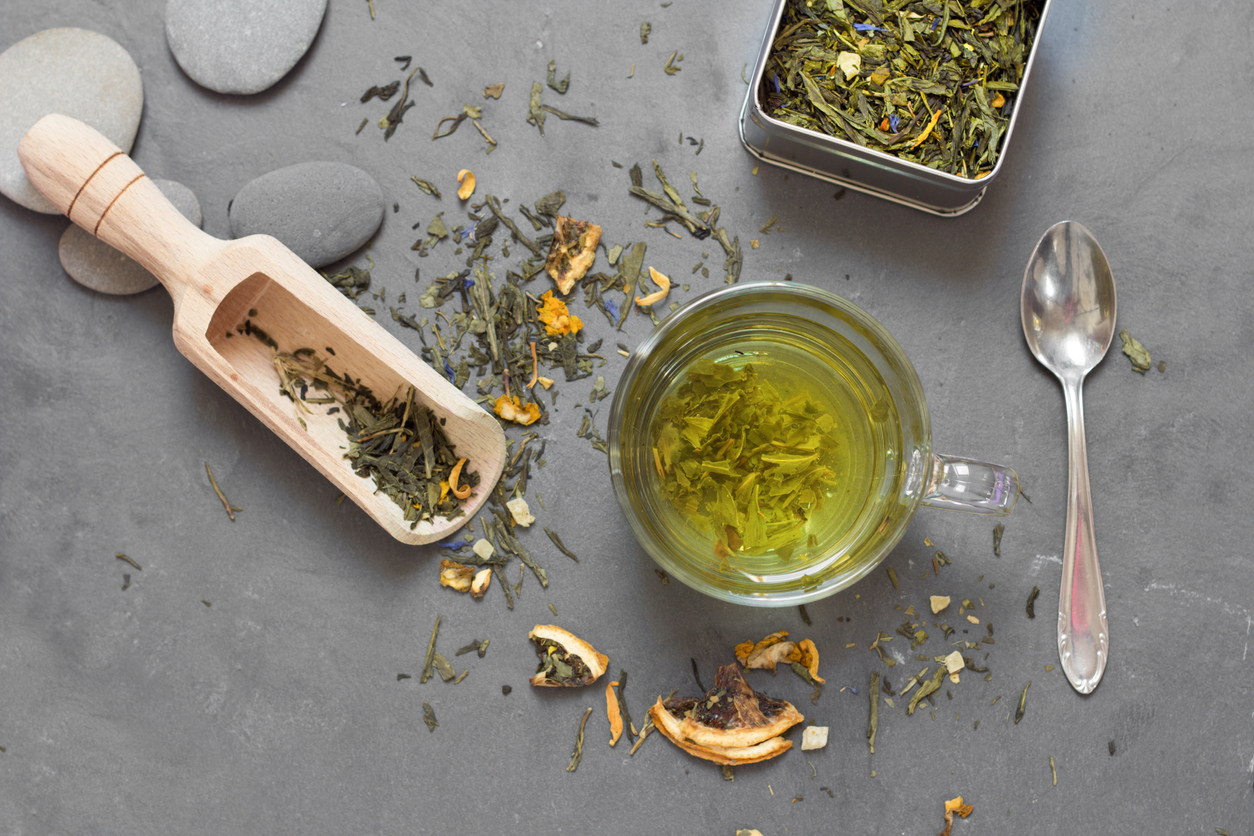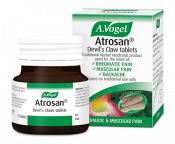What is the most effective natural anti-inflammatory?
There are many plants and herbs that provide a natural anti-inflammatory effect including the herb Devil's Claw (Harpagophytum procumbens), a compound called curcumin which is found in turmeric, plus fresh, natural green tea. These can be effective in managing chronic inflammatory conditions such as arthritis that cause symptoms such as pain and swelling.
3 helpful natural anti-inflammatories
Let's take a closer look at three of the most effective natural anti-inflammatories and how they work:
1. Devil’s Claw
 Devil's Claw (Harpagophytum procumbens) is a herb only found in the wild in South Africa. It gets its name from the unique claw-shape of the flower.
Devil's Claw (Harpagophytum procumbens) is a herb only found in the wild in South Africa. It gets its name from the unique claw-shape of the flower.
The herb has traditionally been used in the treatment of muscle and joint pains, backache, and rheumatism.
How can it help reduce inflammation?
Inflammation is triggered by the body in response to the likes of injury or infection. It is usually a short-lived problem, causing symptoms like swelling or pain; however, it can become a chronic problem among those suffering from issues such as arthritis.
Devil's Claw is thought to help here, as it can have an anti-inflammatory effect. A group of compounds called iridoid glycosides present in the herb are thought to bring the anti-inflammatory benefits offered by Devil's Claw. (1)
2. Turmeric
 Turmeric is a plant grown in Asia and South America. Many of us will be familiar with it as the roots are used to make ground turmeric, a spice readily available in supermarkets.
Turmeric is a plant grown in Asia and South America. Many of us will be familiar with it as the roots are used to make ground turmeric, a spice readily available in supermarkets.
How can it help reduce inflammation?
Turmeric is anti-inflammatory in nature due to the fact it contains a compound called curcumin. (2) This means it can be beneficial for sufferers of arthritis. Research also shows it can help those suffering from muscle soreness and inflammation after exercise (delayed onset muscle soreness). This can go on to support recovery and subsequent performance. (3)
Turmeric supplements are widely available in health food stores. Natural turmeric tea will also help you get the benefits of this unique spice. Other than this, try incorporating the spice into your cooking more often. It makes the perfect base for soups, stews and curries!
Atrogel Arnica Gel

- Pain relief for stiff neck and shoulders
- Pain relief for other muscle aches and pains
- For sporting injuries such as joint sprains & strains
- Made from extracts of freshly harvested Arnica
- Can be used with other medicines
"Very impressed with the arnica gel"

3. Green tea
 Green tea is made from the camellia sinensis plant, the same plant that is used to make black tea. It gets its name from the bright colour created when the plant's unprocessed leaves are brewed.
Green tea is made from the camellia sinensis plant, the same plant that is used to make black tea. It gets its name from the bright colour created when the plant's unprocessed leaves are brewed.
Producers make green tea by heating and then drying the leaves of the camellia sinensis plant.
How can it help reduce inflammation?
Green tea contains antioxidants called polyphenols that are anti-inflammatory. The strongest polyphenol in green tea is known as epigallocatechin-3-gallate (EGCG) and this is what has the biggest effect on inflammation. (4)
Green tea is found in supermarkets and health food stores – just check the ingredients list to make sure that the product you are buying is all-natural and there aren't any added sweeteners in there.





 Looking for a treatment to relieve pain in conditions such as muscle aches or pains, stiffness, rheumatic pain or after sporting injuries?
Looking for a treatment to relieve pain in conditions such as muscle aches or pains, stiffness, rheumatic pain or after sporting injuries?

